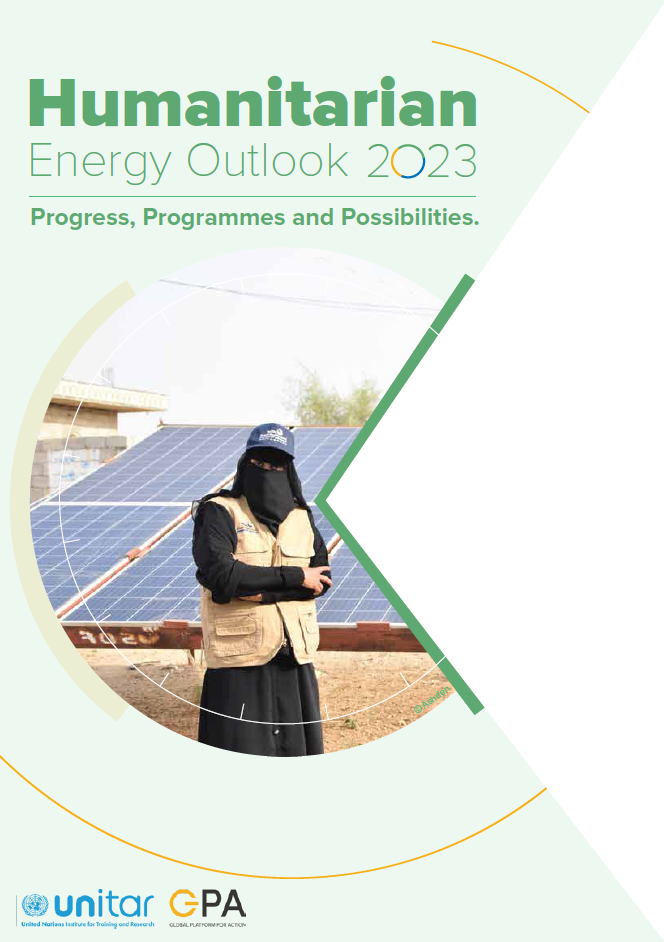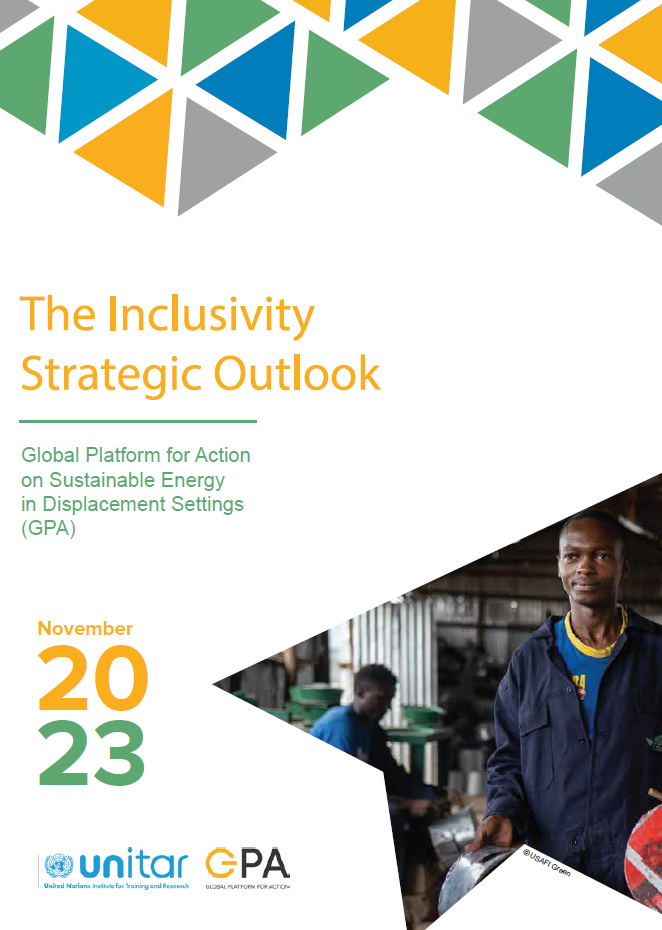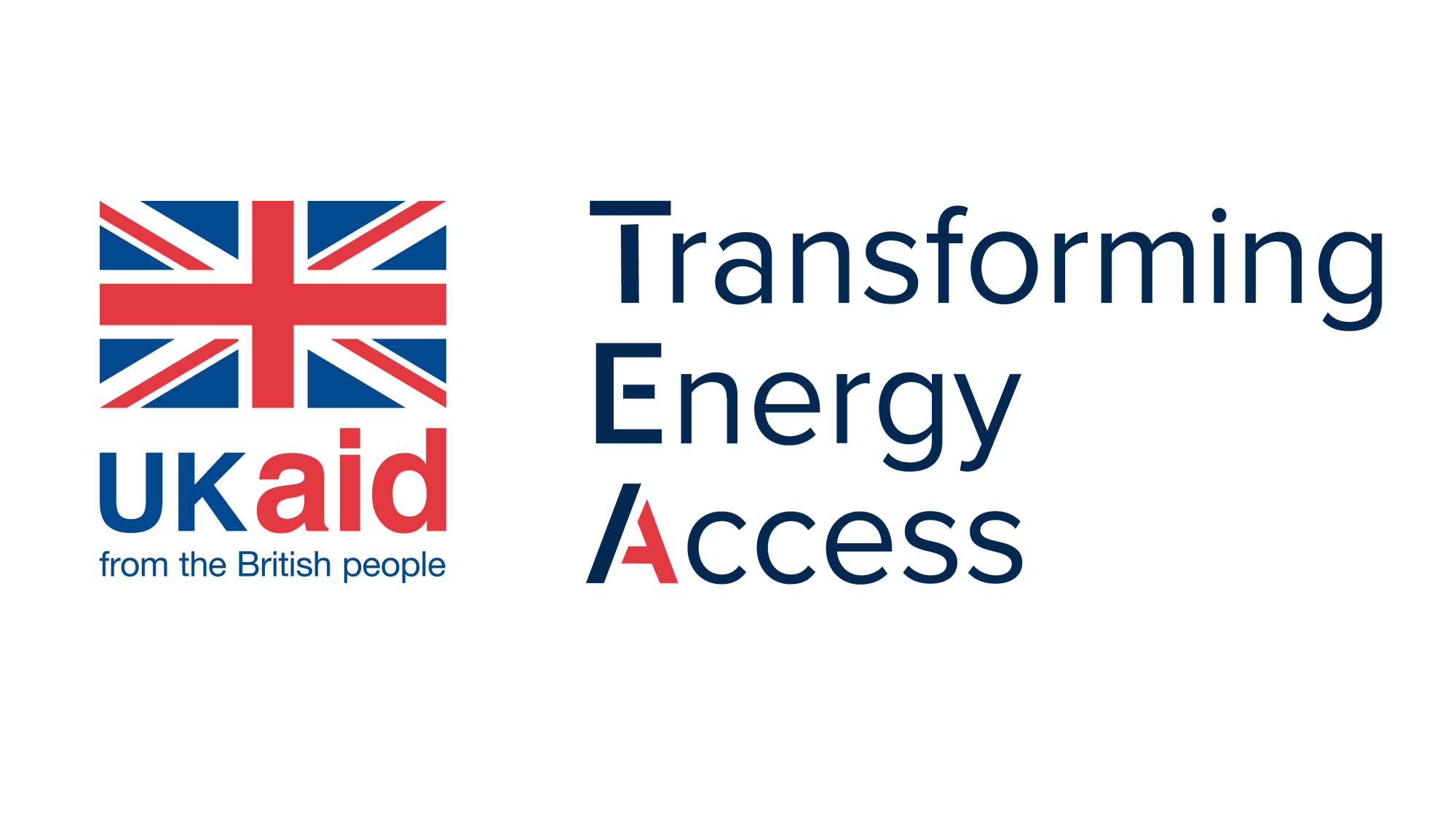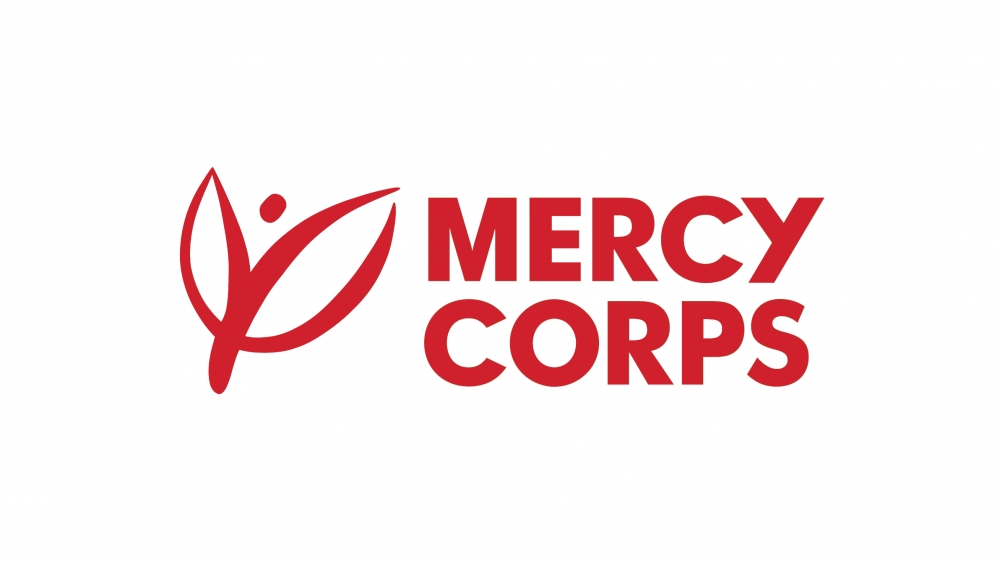In this section
In this sectionThe Transforming Humanitarian Energy Access (THEA) programme aims to support a shift towards more sustainable energy delivery models in humanitarian settings and to increase access to clean energy solutions for displacement-affected communities. It does so by leveraging a blend of research and evidence-building, data-driven advocacy, and the implementation of market-based energy interventions. By identifying promising, inclusive energy delivery models, THEA aims to facilitate their replication and scaling, ultimately enhancing energy access for displacement-affected communities. The program will focus on three different country contexts – Uganda, Ethiopia, and Bangladesh – to identify inclusive, replicable and scalable business models along a spectrum of market readiness.
THEA is implemented by Mercy Corps in partnership with Ashden and the Global Platform for Action on Sustainable Energy in Displacement Settings (GPA) and is funded by the U.K.’s Foreign, Commonwealth and Development Office (FCDO) via the Transforming Energy Access platform and managed by the Carbon Trust. The program duration is from September 2024 until December 2026.
The GPA Coordination Unit role in THEA is to produce original research on humanitarian energy and facilitate high level advocacy based on emerging evidence from the programme and our wider GPA Steering Group and partnership network. The key deliverables include:
- Yearly "Humanitarian Energy Update" short reports, capturing the key evidence, stories and progress on Humanitarian Energy in policy and practice each year.
- Delivering the 2026 "State of Humanitarian Energy" Report.
- Briefing Notes providing the landscape and recommendations on Inclusive Policies and Partnerships which enable energy access for forcibly displaced and hosting communities.
- Delivering an overview page which profiles existing refugee-led enterprises, to landscape who's working where and what support is needed to enable investment into local energy enterprises serving geographies with forcibly displaced communities.
- Research on barriers to sustainable delivery models and procurement processes and associated workshops with key partners.
- High-level Humanitarian Energy Champions meetings with senior members of the energy access and humanitarian community.
- Supporting the design of new market-based energy access programming.
If interested in learning more, please reach out to the GPA Coordination Unit by emailing energy@unitar.org.
Humanitarian Energy Outlook 2023
Authors: Epa Ndahimana, Joelle Hangi, and Sarah Rosenberg-Jansen
Join a special adventure with the Humanitarian Energy Outlook (HEO) 2023 to learn about what has happened in the global humanitarian energy sector from May 2022 to December 2023. This Outlook provides updates on humanitarian energy programs, projects, funding, research, capacity building, and, most importantly, advocating for meaningful inclusion of forcibly displaced persons to drive energy policy planning and implementation. Explore the challenges and triumphs of sustainable energy transitions in displacement settings, where the emphasis on renewable energy and efficiency enhancements takes centre stage. Despite increased focus and funding to the humanitarian energy sector, the Humanitarian Energy Outlook (HEO) 2023 sheds light on the stark reality that progress toward Sustainable Development Goal 7 and the global energy transition to net-zero emissions remains insufficient in displacement settings. Thus, the Outlook calls for enhanced commitment, collaboration, innovative solutions, research, and funding to ensure that no displaced person is left behind on the path to affordable, reliable, sustainable, and modern energy for all.
Read the full report: here
Inclusivity Strategic Outlook
Authors: Sarah Rosenberg-Jansen, Joelle Hangi, and Epa Ndahimana.
In November 2023, the THEA programme at the GPA launched the Inclusivity Strategic Outlook, shedding light on the gaps and challenges that reinforce the exclusion of displaced persons in humanitarian energy planning and implementation. The inclusion of displaced persons needs to be looked at through diverse areas of concern that include inclusivity in policy, inclusivity in the humanitarian workforce, inclusivity in research and innovation, inclusivity in partnerships, inclusive systematic change, and inclusivity in investment. While there is general recognition that displaced persons should be at the centre of humanitarian energy policy planning and implementation, the current approach remains tokenistic at best, and the overall situation remains dire. More work is needed to support global inclusive energy access for refugees and host communities.
Read the full report: here
Launch of the Inclusivity Strategic Outlook
On November 27th 2023, the THEA programme launched the Inclusivity Strategic Outlook, the dynamic panel discussion emphasized the crucial role inclusivity plays in the humanitarian energy sector. It explored the needs, identified gaps, and uncovered the vast opportunities that embracing inclusivity can offer for displaced people.
Watch the recording session here
The programme is funded by the UK government via the Transforming Energy Access platform and implemented by Mercy Corps in partnership with the GPA and Ashden.
Last updated: 19/03/2025






